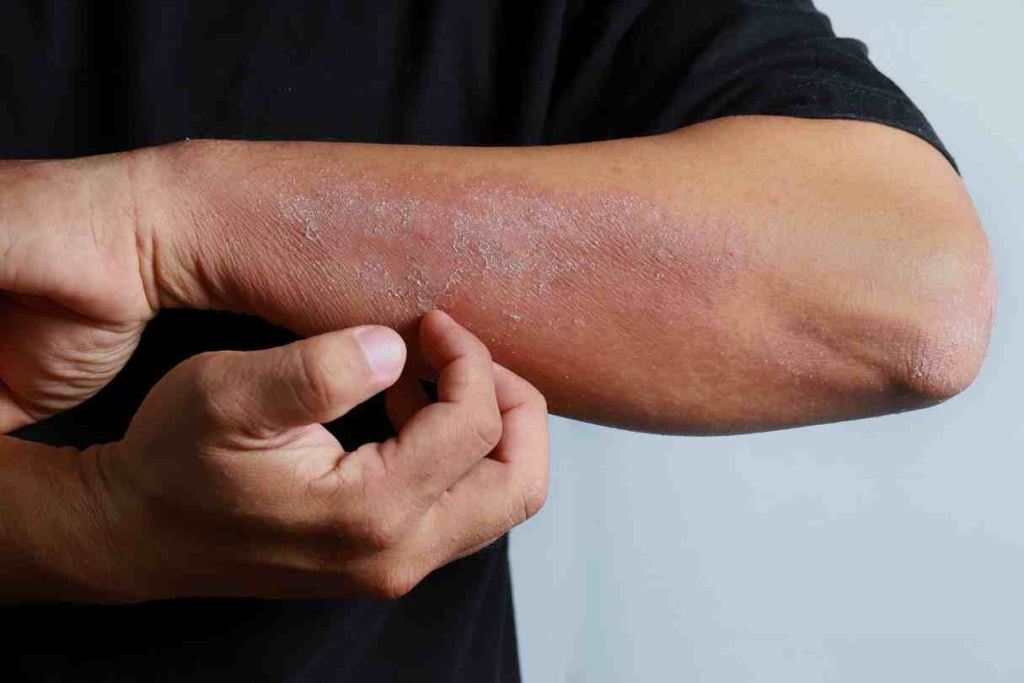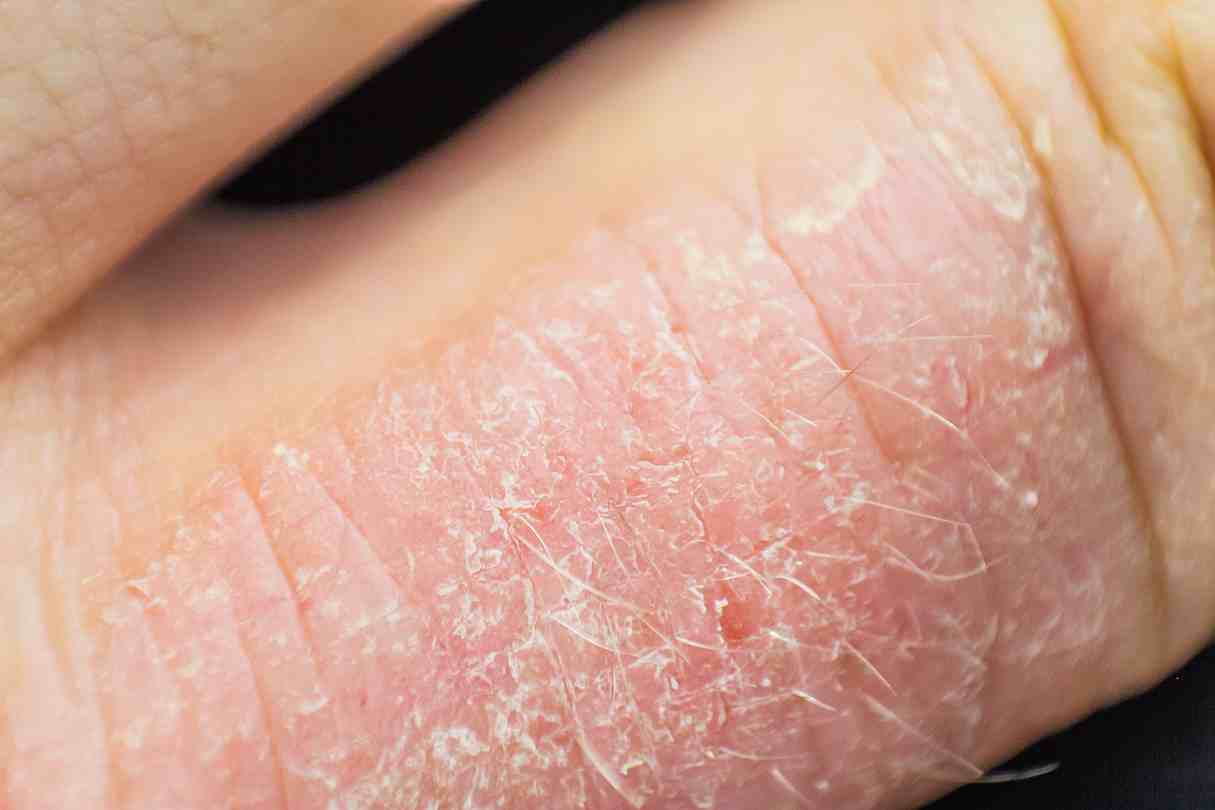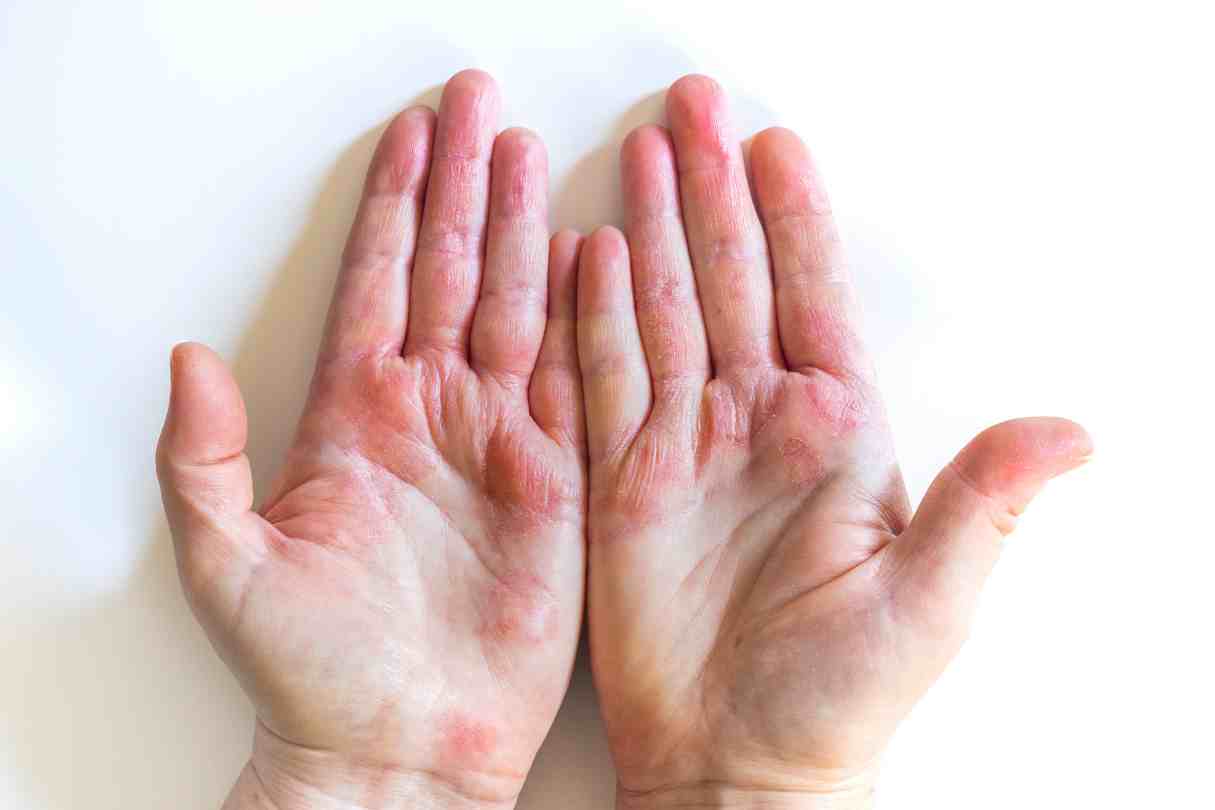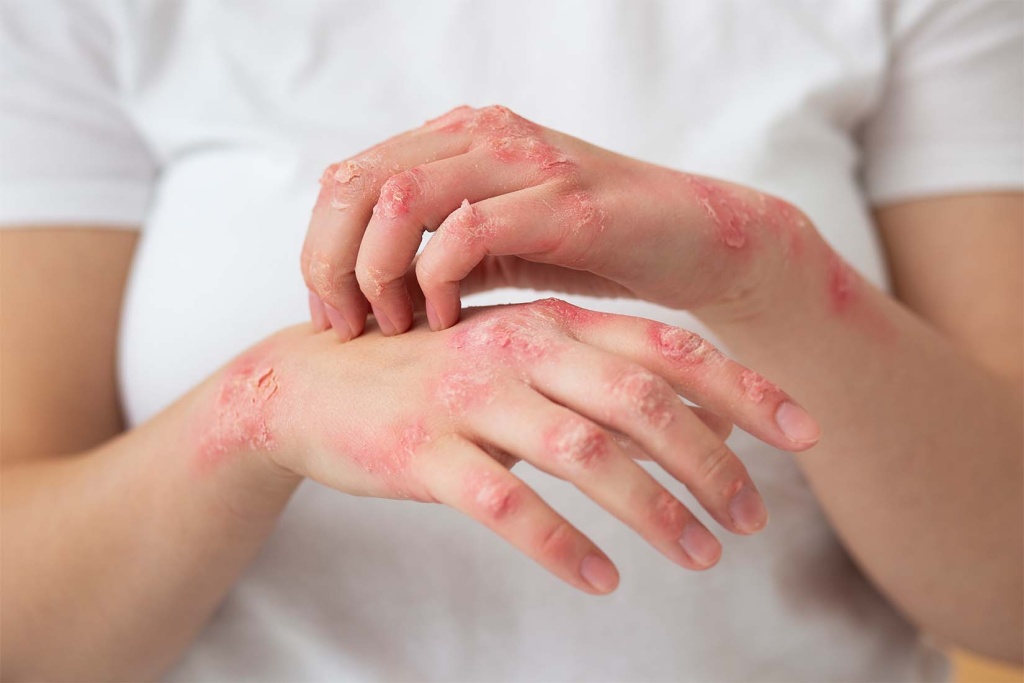Summer is a time to enjoy the sun and outdoor activities, but it is also a season when the risk of skin cancer increases. The ultraviolet (UV) rays in sunlight can damage the skin, and prolonged exposure to intense sunlight may increase the risk of developing skin cancer. Therefore, proper sun protection during summer is crucial for maintaining healthy skin.

What are the symptoms of eczema? How to prevent and relieve eczema?
Eczema is one of the most common dermatological issues in our daily lives. Its common symptoms include redness, swelling, dryness, peeling, papules, small blisters and persistent itching. Eczema is usually a long-term and chronic skin disease, although it is not contagious, there is a certain probability of recurrence. Therefore, when our skin is dry, sensitive, exposed to hot water or frequent hand washing, the skin is usually in a state of dryness and moisture, which increases the probability of eczema occurrence or recurrence.
Content


Causes of Eczema
There are many causes of hand eczema, mainly including atopic dermatitis, contact dermatitis, and sweat gland rash.
1. Atopic dermatitis
Usually begins in infancy or childhood and often occurs on the cheeks, neck, elbows, knees, and arms. This type of dermatitis is related to inherited allergies such as nasal allergies, asthma, hay fever, etc.
2. Irritant contact dermatitis
Is caused by frequent contact with irritating substances such as soap, antibacterial disinfectants, and chemical solvents, which can cause skin irritation and usually occur within a short period of time.
3. Allergic contact dermatitis
Is caused by the immune system being stimulated by allergens such as fragrances and preservatives. Although inflammation may not occur immediately upon exposure to the allergen, the skin will become inflamed once the immune system becomes sensitized to the allergen upon entry into the body.
4. Miliaria
Is usually characterized by a rash of small blisters and is most commonly seen in patients who sweat more on their hands and feet. This condition often occurs on thicker skin such as the palms and soles of the feet, and is particularly severe during the summer months.

Symptoms
In the early stages of dermatitis, patients’ hands may show symptoms such as dryness, erythema, and small blisters, and they may feel very itchy. Without proper care, the skin tissue will gradually lose elasticity and develop wrinkles. When the symptoms worsen, the skin may become cracked, bleeding, swollen, burning, and even oozing pus. In severe cases, it may also affect the normal flexion and extension of the fingers.
Prevention and Relief

If you notice any allergic reactions or rashes on your skin, or if your symptoms of dermatitis worsen, please consult a dermatologist for proper diagnosis as soon as possible, and use appropriate moisturizing products, or some creams containing steroids, or use new-generation non-steroidal anti-inflammatory creams such as crisaborole or tacrolimus as advised by your doctor to alleviate the rash and inflammation of contact dermatitis.
Currently, there is no cure for eczema in the medical field. To reduce the risk of eczema occurrence or recurrence, gloves should be worn when contact with water or cleaning agents is necessary to avoid direct contact with allergens and aggravation of allergic reactions. In dry climates, moisturizing products should be used more often to maintain the skin’s moisture retention function. When washing hands or bathing, use warm water instead of hot water to avoid washing away the protective sebum layer and maintain long-term skin moisturization.
Can cutting out carbs prevent ageing?
“No-carb” is a popular topic among beauty enthusiasts who seek to prevent skin ageing. Many people believe that the no-carb diet touted by celebrities and social media influencers is the key to slowing down the production of AGEs and thereby ageing.
Although Easter has just ended, whitening is a lifetime thing!
Eczema is one of the most common dermatological issues in our daily lives. Its common symptoms include redness, swelling, dryness, peeling, papules, small blisters and persistent itching. Eczema is usually a long-term and chronic skin disease, although it is not contagious, there is a certain probability of recurrence. Therefore, when our skin is dry, sensitive, exposed to hot water or frequent hand washing, the skin is usually in a state of dryness and moisture, which increases the probability of eczema occurrence or recurrence.






